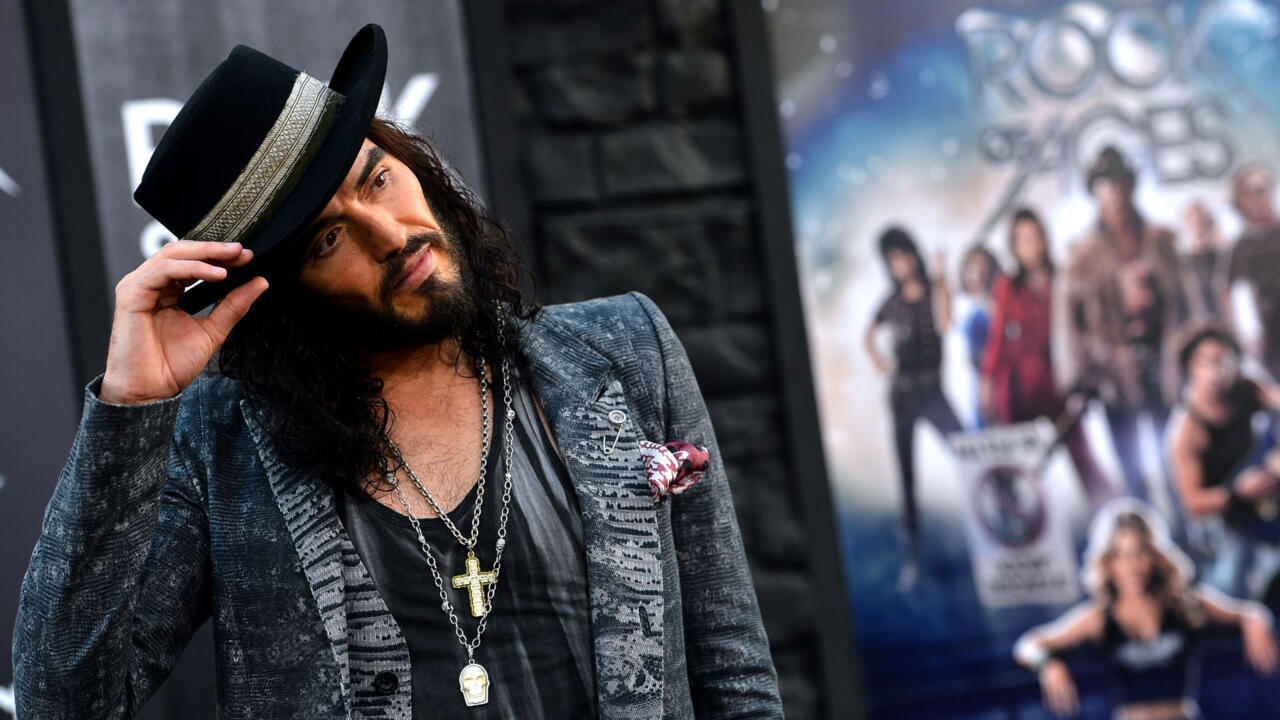Russell Brand, who was once hailed as a Hollywood star and comedian admired for his quirky appeal, is today at the center of a controversy as rape allegations overshadow his career. The British performer, who became famous globally through such movies as “Forgetting Sarah Marshall” and “Get Him to the Greek”, has been accused by several women of sex abuse, including rape—a spectacular decline from favor that has astounded fans as well as the industry.
In spite of the seriousness of the charges, Brand retains a sizeable internet constituency. With millions of subscribers across podcasting and YouTube platforms, he has transitioned into a position as an alternative media personality, often opining on subjects that span from health to conspiracy theories. His fans remain passionately devoted, with many rejecting the allegations as part of a larger effort to silence opposition voices.
Brand has strongly denied the accusations, describing them as “deeply criminal and false.” In a video address, he said all his previous relationships were consensual and implied that the timing and character of the allegations were part of a concerted attack. His reaction has only served to further divide public opinion, with arguments raging online about responsibility, cancel culture, and media bias.
As the investigation continues, the case raises wider questions about celebrity culture, online power, and the influence of social media on public opinion. Whether Brand will be held to account through the law is unclear, but one thing is for sure—the story of his reinvention from silver screen iconoclast to problematic online figure has taken a dark and ominous turn.









